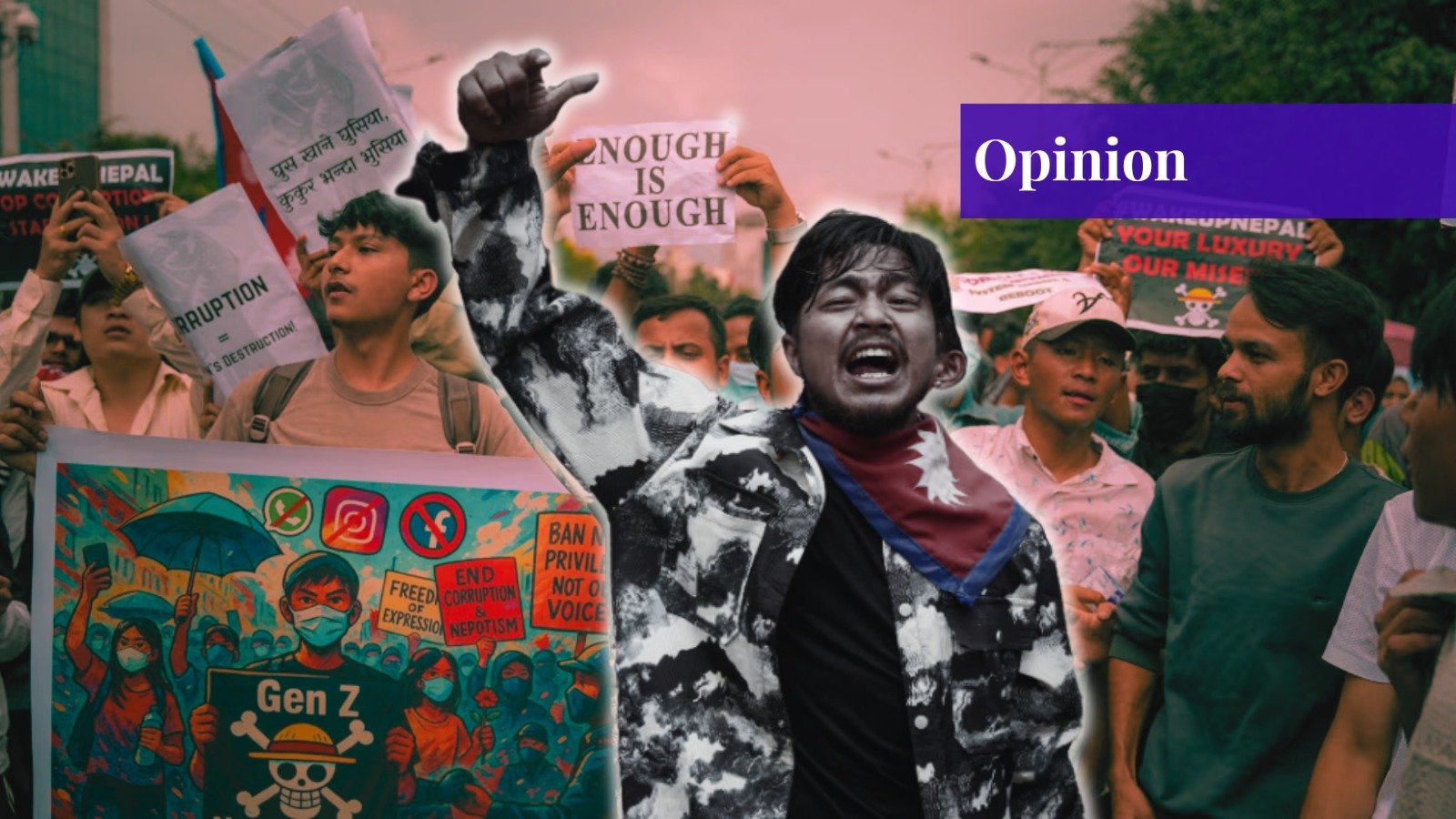The Gen Z revolution in Nepal isn’t a spontaneous outbreak of youthful anger; it is part of a larger wave that is shaking Asia’s political equilibrium. Young Nepalese have taken to the streets demanding an end to corruption, patronage, and the cycle of coalition governments that provide no productivity. A generation raised online and fed up with being ignored; politics as usual is now intolerable. Their slogans resonate beyond Kathmandu, in Colombo, Dhaka, Seoul, and Islamabad.
Sri Lanka was the first domino to fall. The state was bankrupt, the citizens were frustrated by the debt, corruption, and economic policy, and the country experienced a mass uprising in 2022. Citizens invaded the presidential palace, forcing the leadership into exile. A movement born out of frustration with empty fuel pumps and starvation quickly transformed into a demand for accountability. The symbolic meaning was evident: when leaders fail to deliver the basics, they are left.
In Bangladesh, garment workers and students have sparked protests focused on issues including inflation and unemployment, along with occurrence a democracy being stripped away under the current government. Social media has helped to amplify their plight nationally as well to gather support. Even as the authorities tighten internet restrictions and continue crackdowns, it will feed the fire of anger and resentment tothe wards government, and when they (the governments) silence Gen Z with bans instead of reforms, they reaffirm how tenuous their moral claim to legitimacy is.
Pakistan’s crisis is the ultimate manifestation of this pull between indignity and vulnerability faced by states that are not accountable to their citizens. No democratically elected prime minister has completed a full term, while the state oscillates from judicial over-reach to direct military interference. The economy is in a dire state, with bailouts from the IMF being the only pin holding back the destruction in the economy, while everyday Pakistanis are left paying exorbitant prices and losing stake in the fabric of the economy. Not only are scams and corruption cases piling up, but politicians are squabbling amongst each other at a distance from the pain of citizens. Again, we see the power of young people using digital platforms in Pakistan, where they express frustration at neglect, to the point of censorship, incarceration, and worse.
Even South Korea, frequently thought of as a democracy to be emulated, shows how quickly a democratic government can be destabilized by discontent. Presidents have been impeached and jailed, and declarations of martial law expose a system that is still susceptible to the memory of elite corruption. The mass movements in Seoul demonstrate that even advanced democracies can be subject to crisis when a trust between rulers and ruled collapses.
In neighboring countries in Asia, instability has taken a much harsher course. Myanmar’s coup dragged it back into a military dictatorship. The savage series of military interventions in Thailand reminds us that generals still have a veto on any positive democratic future. Both examples demonstrate that as soon as ordinary people lose faith in political leaders’ authority, armies are often invited under the false premise of “restoring order,” while reinforcing cycles of repression and civilian unrest.
What binds these cases is not geography but governance failure. Corruption has become ubiquitous these days, making politics a game for the elite, in which power is exchanged like currency, and people pay for it. Social media, once touted as a tool for democracy, is viewed by regimes as a threat that must be managed or regulated. When a regime faces an emergence of online activism, they respond by banning, blacking out, or censoring, hoping to quell dissent; all they do through their countermeasures is incite people’s anger, especially people whose activism is rooted in a generation that lives and organizes online.
The demographic component is important. Asia is one of the youngest regions in the world, and Generation Z is fed up with promises of economic growth (which many times don’t reach them) with no real experience and engagement from the elite. They are better educated and connected than previous generations, and are more impatient. When young people see videos of their counterparts in neighbouring countries creating change, they take initiative. Instability is contagious, not because ideology is contagious as in the Cold War, but because disillusionment is contagious.
The geopolitical context complicates matters further. To varying degrees, a lot of countries interact or allow their own national interests to intersect with Ukraine’s and Russia’s situation. China and the United States are both interested in stabilizing allies or seizing opportunities presented by crises; however, when they engage, they almost always make it harder for leaders to deal with domestic political issues in their countries. Even if, for example, governments in Tashkent or Almaty would accept a potential bailout from either the Chinese or Washington, both Beijing and Washington are a poor substitute for citizens who have not been able to trust and feel abandonment by their own governments.
The problems of “dominoes falling” throughout Asia are not simply a series of accidents. The pattern is the same: younger generations rising against corrupt elites and, in response, governments resort to even more repression and censorship, with institutions of accountability that are too weak to turn social discontent and anger into reform efforts. Until leaders choose to tackle corruption and help bolster sovereign accountability, as well as understand that social media is not merely for repression but can be used to engage with people, more dominoes will drop.
From Kathmandu to Karachi, from Dhaka to Seoul, the same refrain is being sung: people—particularly young people—are no longer going to simply wait while their future is lost.
If you want to submit your articles and/or research papers, please visit the Submissions page.
To stay updated with the latest jobs, CSS news, internships, scholarships, and current affairs articles, join our Community Forum!
The views and opinions expressed in this article/paper are the author’s own and do not necessarily reflect the editorial position of Paradigm Shift.



